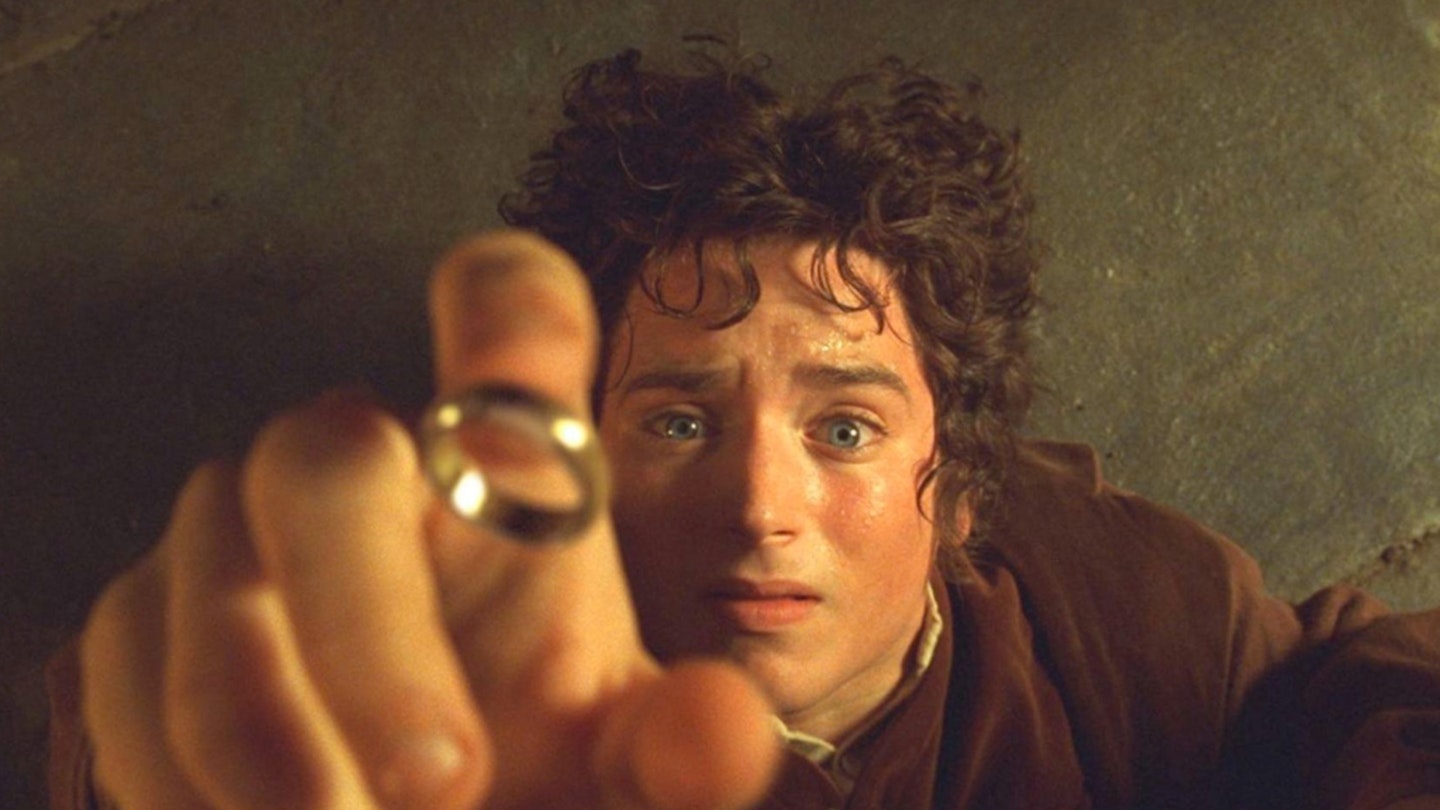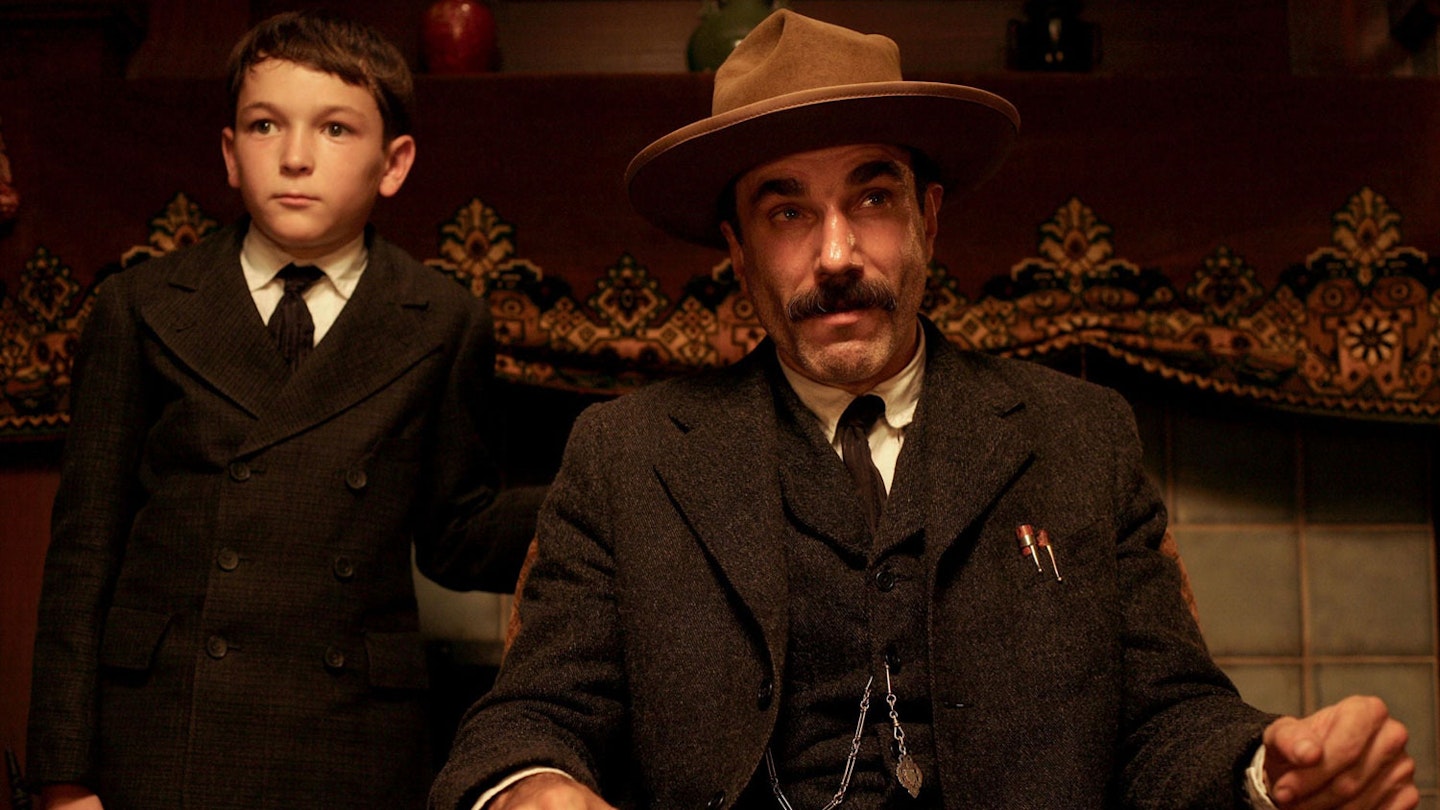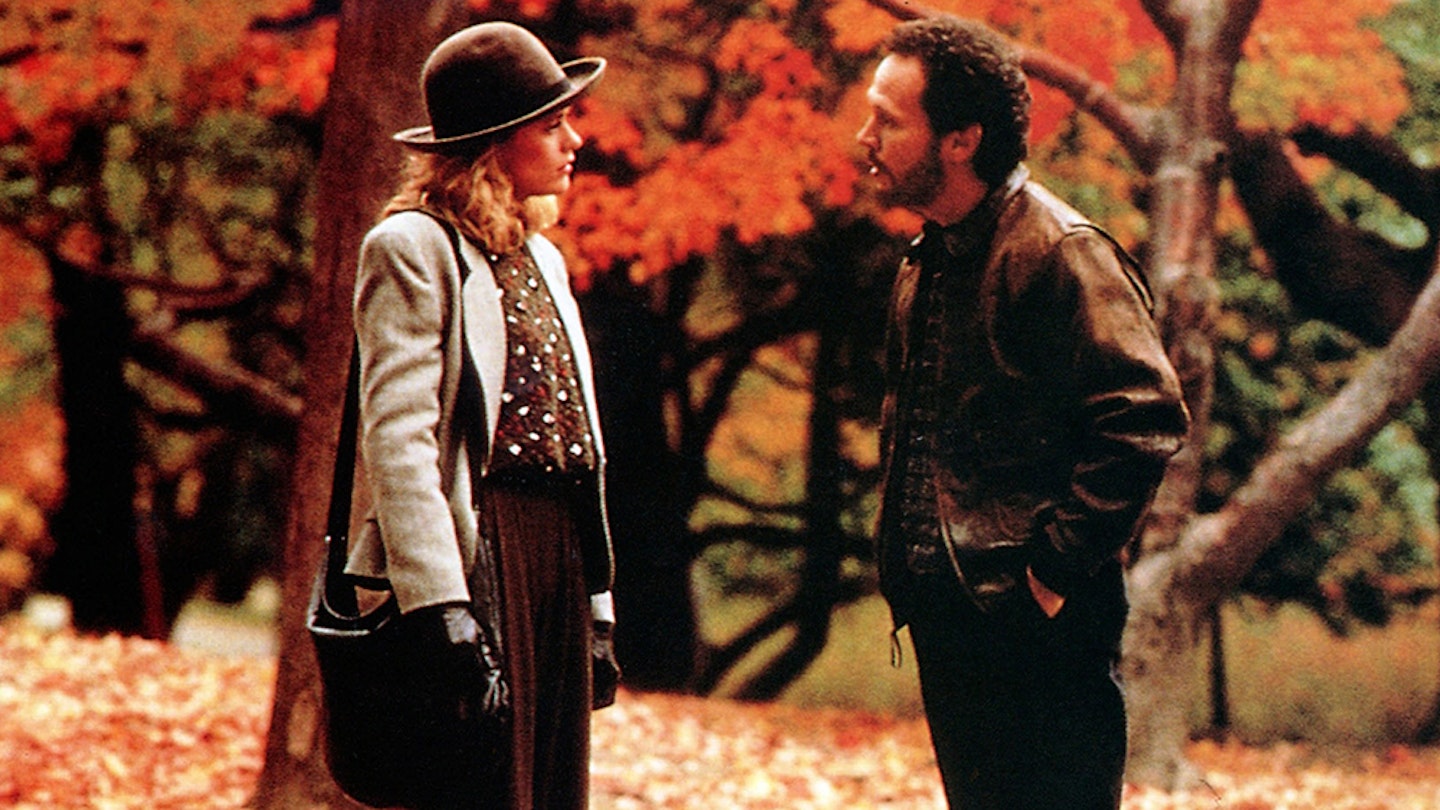Charlie Kaufman has a problem with endings. As a pure ideas man, the Oscar-nominated screenwriter of Being John Malkovich and Adaptation is without peer. But the third act of his Confessions Of A Dangerous Mind script gets tangled up in its own intrigue; and Malkovich also ends without conviction, limping over the line as if it has not drawn breath since that sprint start. Kaufman's problem with third acts is, in fact, so acute that it becomes the very substance of Adaptation's sour last half hour.
But just as everyone (including Kaufman) was ready to conclude that Charlie's acorns simply do not develop into full-sized trees, along comes the measured growth and glorious blossom of Eternal Sunshine Of The Spotless Mind, his most satisfying fantasy yet. Make no mistake, Eternal Sunshine has a really terrific third act – it's just the first two that threaten to get in the way.
Eternal Sunshine Of The Spotless Mind is, in fact, the second Kaufman script helmed by Michel Gondry who, like previous collaborator Spike Jonze, is an acclaimed director of music videos. Their first underrated and unseen venture was Human Nature which – setting aside the almost obligatory 'third act problems' – simply didn't boast the sugary star coating (Rhys Ifans?) that is apparently necessary to make the patented Kaufman weirdness palatable (Cusack, Cage, Clooney). Eternal Sunshine has no such problems, with both an embarrassment of riches on the bench and, front and centre, the biggest star yet to be drawn to the cult of Kaufman: Jim Carrey.
Carrey, his dramatic ego keeping that famous comic id on a tight leash, will no doubt bemuse the Bruce Almighty crowd with his most interior, least expressive role so far – Joel Barish, a character actually described as "close-mouthed". But before any self-styled sophisticates start shouting "see-ya!", Adaptation fans might find themselves equally discomfited, for Eternal Sunshine is not the headlong rush of ideas that its high-concept pitch might have you believe.
A cute but low-key and very long pre-credits sequence gives way to a potentially bewildering opening in which we share Joel's confusion at why his girlfriend is ignoring him. Once Barish discovers her visit to Lacuna Inc. and decides on a tit-for-tat strategy, the majority of the action takes place over one night in one small room and inside one man's rapidly disintegrating memory.
Part fever dream and part chamber piece, it takes a long time before any sunshine at all breaks into what is a melancholic and occasionally bitter first half. However, once Joel's subconscious decides that the procedure is a bad idea and enlists the 'memory' of Clementine (Winslet at her most winning) in a daring escape plan, the movie picks up pace and starts to explore comic areas – teenage humiliation, suppressed trauma – that play to Carrey's obvious strengths and best showcase the undoubted visual verve of Gondry. (The dazzling editing alone demands repeat viewings to unscramble.)
Even better, as Joel's situation becomes more hopeless, the tone miraculously becomes more hopeful, journeying right back to those first, deeply romantic, days with Clementine. All at once, Kaufman's master plan snaps into focus, with the true purpose of the Lacuna technical team (everyone scores in small parts, notably a disarming Dunst) revealed with an unexpected reversal.
A final, bittersweet coda seals the deal; the movie has travelled into light but the memories of darkness past can never be entirely wiped away. No movie since Annie Hall has better captured the entire arc of a relationship, and even Woody Allen stopped short of presenting the beginning and the end at the exact same time.








